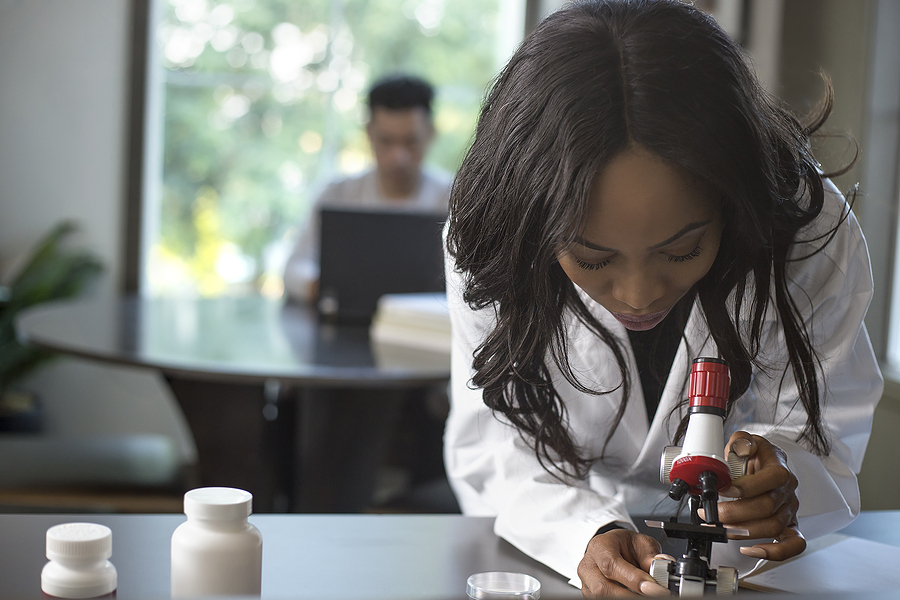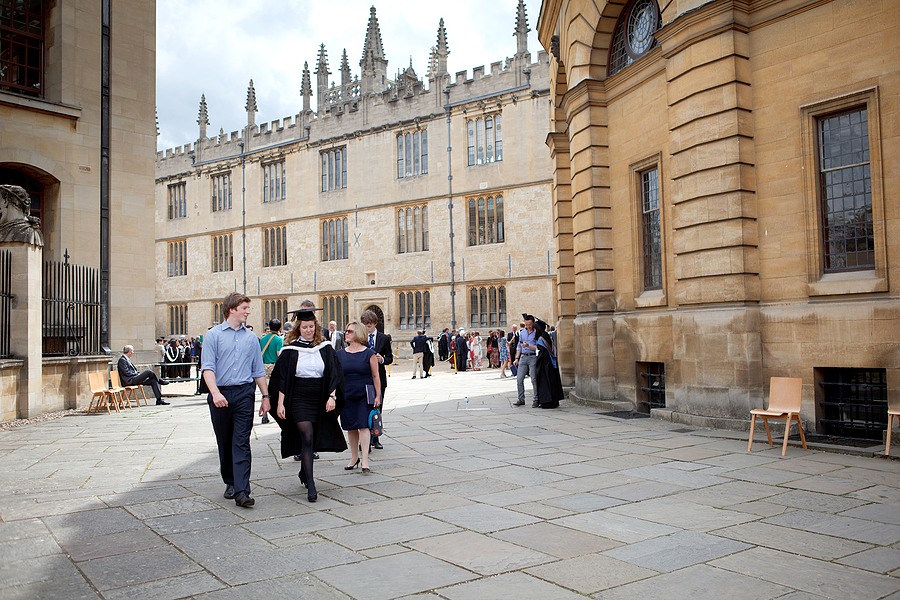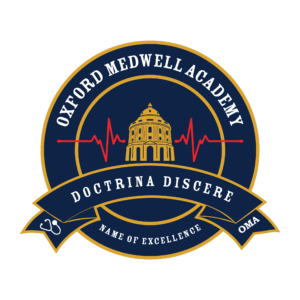Typically, people who want to be doctors need to have a medical degree, as well as take on a Foundation Programme in order to receive a licence to practise medicine.
Getting that medical degree typically means applying for a degree in medicine as soon as you are able, often much sooner than the typical deadline for UCAS applications in the case of school leavers. Many miss the deadline and take a gap year to get more ready for the intensive, lengthy course.
Alternatively, Graduate Entry Medicine is a more open four-year medical course open to people who already have an undergraduate degree, sometimes even a degree in a discipline otherwise unrelated to medicine, although in other cases the degree needs to be health or science-related.
In some cases, this may also need a foundation course to ensure that an appropriate level of scientific knowledge is at a student’s command.
However, there is a third, far more obscure option available that is sometimes found in rare examples where someone with the potential to have a career in medicine applies for another course as a backup in case medicine falls through.
It is possible if you are taking a related health or science degree such as Biomedical Sciences or Chemistry, but there are a lot of caveats to keep in mind.
First of all, not every university that has a medical degree has a transfer programme, and all of them have differences to them.
Typically, candidates for the transfer programme have to be at the absolute top of the class of their first-year degree, with no failures and a total score of at least a 2:1 in their first year of exams.
As well as this, there is typically a meeting or interview with members of the medicine department at the particular university who will want to know your reasons for switching courses and ascertain how passionate you are.
With that said, it is certainly an option, one to add to the increasing number of pathways into the medical profession.






